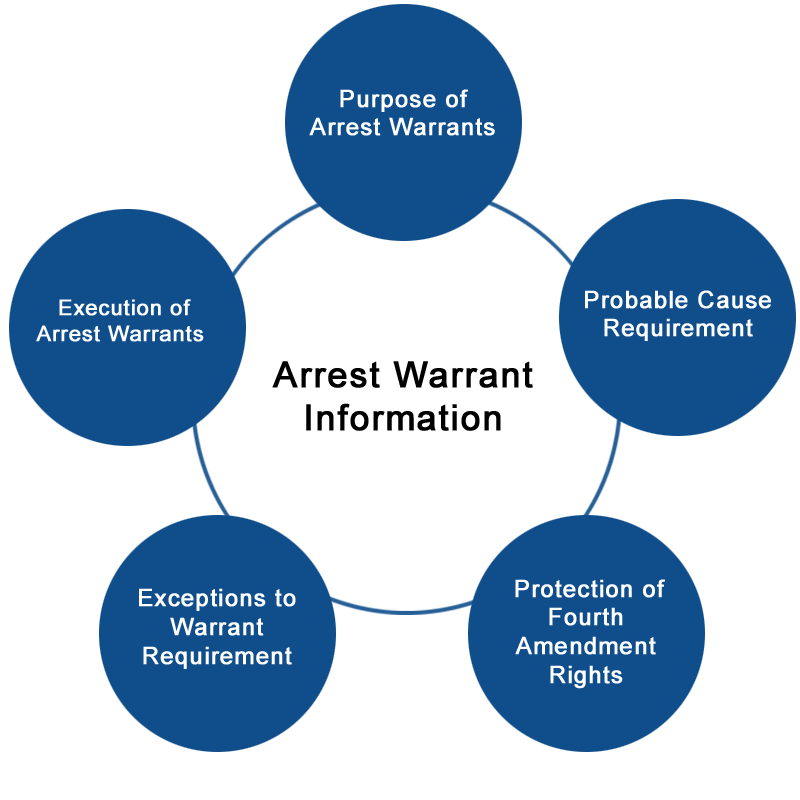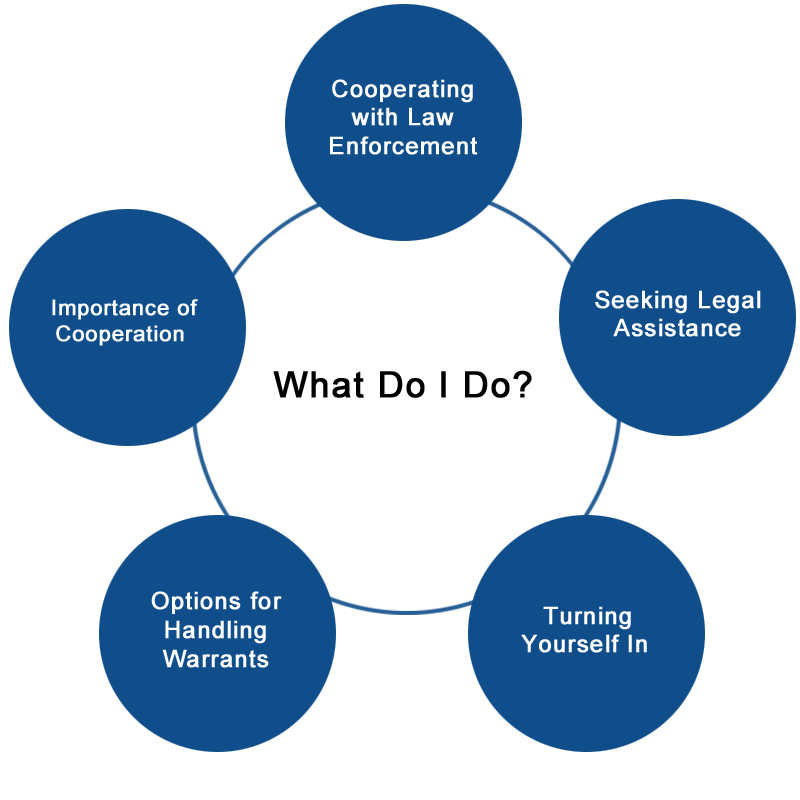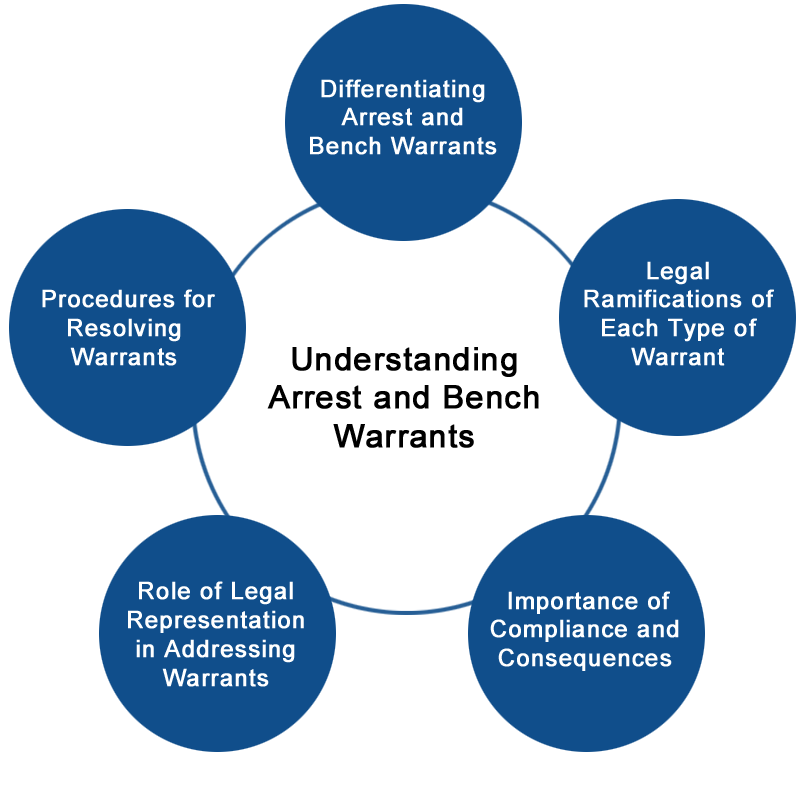Warrant for Arrest in Oklahoma
 An arrest warrant is a document that gives law enforcement the right to arrest a person who is suspected of committing a crime. One of the most important things to understand about an arrest warrant is that a warrant is not needed if the police officer witnesses the crime. If an officer sees you stealing something, hitting another person, or any other crime, they have the right to take you into custody. An arrest warrant is issued for crimes that were not witnessed by a police officer.
An arrest warrant is a document that gives law enforcement the right to arrest a person who is suspected of committing a crime. One of the most important things to understand about an arrest warrant is that a warrant is not needed if the police officer witnesses the crime. If an officer sees you stealing something, hitting another person, or any other crime, they have the right to take you into custody. An arrest warrant is issued for crimes that were not witnessed by a police officer.
To obtain an arrest warrant, law enforcement must demonstrate that there is probable cause that the person named in the warrant committed the crime. This means that there must be enough evidence that a reasonable person would believe that the person was involved with the crime in question.
While arrest warrants sound intrusive, they exist to protect a citizen’s Fourth Amendment rights. By requiring an officer to either witness the crime or obtain a warrant, people are theoretically protected from unfounded arrests, although exceptions do occur.
While arrests warrants are preferred, police officers can make arrests without one in some situations.
How Will I Know If There Is a Warrant Out For My Arrest?
If you believe that a warrant has been issued for your arrest, the best thing to do is immediately contact an attorney. Arrest warrants are not usually widely publicized, so your attorney will contact law enforcement on your behalf and determine whether a warrant has been issued.
If a Warrant Has Been Issued, What Do I Do?
 In general, if a warrant has been issued for your arrest, it is better to turn yourself in. An attorney will never tell you to break the law. However, an attorney can make this process much simpler for you and can help you turn yourself over to law enforcement in the best way possible.
In general, if a warrant has been issued for your arrest, it is better to turn yourself in. An attorney will never tell you to break the law. However, an attorney can make this process much simpler for you and can help you turn yourself over to law enforcement in the best way possible.
At times, an attorney may be able to reach out to law enforcement and determine a time and place for you to turn yourself in. This allows you to cooperate with the authorities but also do so in a way that is more comfortable for you. It may also be possible for an attorney to determine the bond amount before you are taken into custody. This means that you can make the arrangements for payment yourself and speed up the process.
Generally speaking, by working with an attorney it may be possible for you to turn yourself in and then immediately secure your release.
Can I Avoid Turning Myself In?
All citizens have the choice to cooperate or not. However, turning yourself in is almost always a good decision as it shows a willingness to cooperate. An attorney can help you figure out the right way to handle your situation.
What Are the Penalties for an Arrest Warrant?
In general, the penalties you are facing will be determined by the crime you are being accused of. In most situations, you will have the opportunity to post a bond and obtain your release, but for the most serious cases, this can be denied.
Arrest Warrants vs. Bench Warrants
An arrest warrant is a warrant that gives law enforcement the right to take you into custody concerning a specific crime. A bench warrant is a warrant that is issued when someone fails to appear in court for either a criminal or civil case.
Should I Turn Myself In If There Is a Bench Warrant?
Like an arrest warrant, an attorney can help determine if there is a bench warrant and whether you can arrange a favorable time to turn yourself in.
 Penalties for Failing to Appear in Court
Penalties for Failing to Appear in Court
Failing to appear in court can lead to serious criminal charges. Willfully making a required appearance and avoiding law enforcement for 30 days is a felony. It can result in a prison sentence of up to 2 years and/or a fine of up to $5,000.
For both bench warrants and arrest warrants, law enforcement can arrest you at any point if one has been issued. The police may seek you out at your home or place of work, or they may take you into custody during a random encounter with them. Some people are taken into custody during routine traffic stops because of outstanding warrants for their arrests.
What is a “Bench Warrant Taken Under Advisement?”
This is a legal notation that can appear in court records. In general, it means that the defendant could not appear in court on that day but their attorney appeared on their behalf and got the date rescheduled.
If you believe that there is a warrant out for your arrest, contact us immediately.
Our team can make a difference in your case. Regardless of the situation, we will work tirelessly to protect your rights and get the charges reduced or dismissed.
Contact us today to speak with us about what you are facing.
